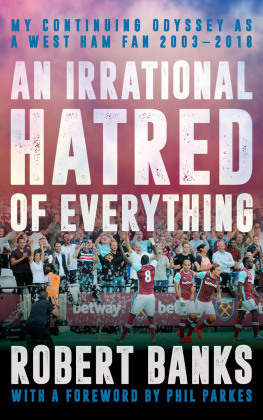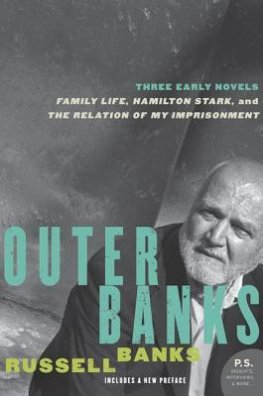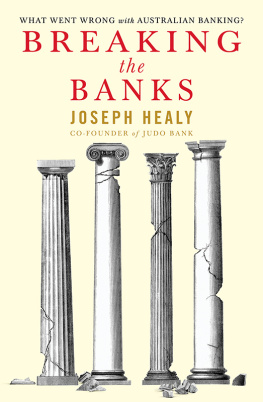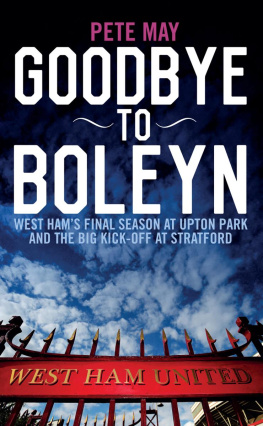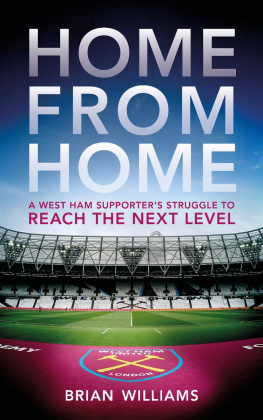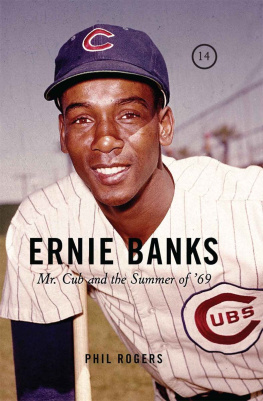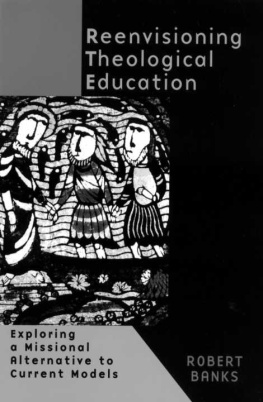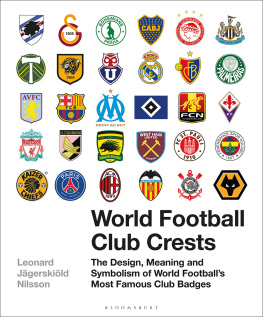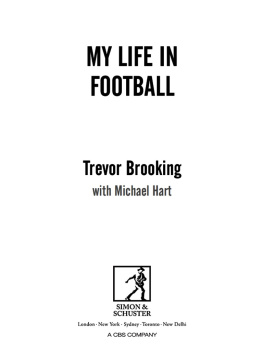BY PHIL PARKES (WEST HAM UNITED AND ENGLAND GOALKEEPER)
W hen Rob asked me to write the foreword for his book, I read the draft with great interest and, to be honest, much sadness. It struck me that Rob is an ordinary bloke with an extraordinary love for West Ham United. But what also came across strongly was that his relationship with the club is strained and very similar to mine these days.
West Ham fans are among the best in the world. They are funny, intelligent and do not suffer fools gladly. Rob says that for him the club changed beyond recognition when John Lyall died in 2006 and I agree with him. Although John had left in 1989, his passing meant that a link with the past had gone for ever. John showed enormous faith in me, persuading the board to pay a world-record fee for a goalkeeper on a nine-year contract that would keep me at the club until I was thirty-eight. Even Manchester United found that too hot a deal to trump. And West Ham was a second-division club at the time, too. It was a statement of intent, the like of which we will never see again.
There have been a number of huge traumas at the club in the last fifteen years. The only thing that comes close to any of them during my playing days was when John told us he was leaving. The way that was handled was terrible, and while we accept that nothing lasts for ever, it was something that changed the club for ever.
The last fifteen years have seen so many calamities that it is hard to know where to start. Rob has chronicled these with his own brand of humour that will help you to remember them without wanting to tear the book up and throw it out of the window!
Rob talks of the West Ham Way and how difficult this is to define. Sam Allardyce could not understand it, but if he had taken a little time to get his head around the fact that West Ham fans can applaud their team off the pitch after a 41 defeat to Dinamo Tbilisi, they are just as entitled to boo a 21 victory over Hull City. But he felt West Ham fans should see things his way, not the other way around.
West Ham fans are no mugs. Yet they have been treated as such for too long now. The present board has made it impossible for me to attend in an official capacity, and I think it unlikely that I will return until they leave. David Gold is a West Ham fan, but I dont believe Sullivan is, whatever he may claim. As for Karren Brady, I think shes just a Karren Brady fan. I feel they set out from day one with the sole intention of moving from the Boleyn, one of the greatest football theatres in the world, to systematically destroy the clubs identity, dressing it up as a huge move forward. Call it my irrational hatred. Its just my opinion.
I can only speak for myself, but I know many of the players I played with loved you, the West Ham fans, and wanted to perform for you every week. Today, things are different. Today, players earn so much they can happily sit on the bench, go out on loan or maybe not even make the squad. In my day you had to play to top up your money and it made you hungry, eager to show up every week. And if someone was hiding they would get a kick up the backside from Bill! That is the major difference and the reason why so many modern players have a poor attitude. Todays West Ham fans deserve better than that.
Football is some way down the pecking order for me these days. Like Rob, I understand perspective. I enjoy going to watch Alan Devonshires national league side Maidenhead. They play football with a smile on their faces, and a hunger and passion that is so sadly lacking in modern professional football.
Rob told me he had intended this book to be positive, but he found it impossible. I see his point, but there is still a positive message that comes across.
I sincerely hope that with the new signings made this summer the team will give the Hammers and their amazing fans something to cheer about. With everything you have been through in the last fifteen years, you certainly deserve it.
T his is the fourth instalment in a series of books I started writing in 1994, but as it has been fifteen years since the last one, I have tried to make this one stand alone and appeal to those of you who may not have read the previous three volumes. An Irrational Hatred of Luton covered the period of my earliest memories as a Hammers fan from 1975 to 1995. West Ham Till I Die covered 1995 to 2000 and The Legacy of Barry Green covered 2000 to 2003.
In all four books the chapter headings take the form of a song title and a match selected from the period covered by the chapter. In this book, they are the titles of songs that were number one on the date of the match. Additionally, in this book, each chapter has its own irrational hatred, selected either by me or one of my friends.
There are some themes that run throughout all four books, so if something doesnt make sense it may be that I have assumed you have read the other three. That is not intentional. I wanted this volume to stand alone but if you enjoy this tome do please take the time to check out the others, which can no doubt be picked up for a few measly coppers on eBay or Amazon.
G areth Southgate said just before England played Croatia in the World Cup semi-final on 11 July 2018 that recently, the country had experienced a lot of issues with unity, and that hopefully a successful England team would bring people together.
Southgate is a wise man. Its been nice to have something we can pretty much all agree on, if only for a few weeks. In the last few years we have had Brexit, the Scottish Independence referendum and a General Election, all of which caused massive divides between people, and particularly on social media, where people seem to think its okay to get lairy, aggressive and downright rude.
The last fifteen years have been similarly divisive at West Ham. Terry Brown, the Tevez affair, the Icelandics, relegation, the move to the Olympic Stadium, the cancelled protest march. They are just the low-lights. The last three years in particular have been especially excruciating; its been enough to make me want to avoid the news for fear of the next embarrassing story involving West Ham.
The period since 2003 has also seen massive changes for me personally. This book attempts to chronicle those changes alongside the events at West Ham to provide a narrative which will hopefully bring back some of your own memories: to help you recall where you were, who you were with, what happened that weekend.
It does not purport to be a definitive club history. You could write individual books on any of the subjects listed above; I have merely skimmed the surface to give you a flavour. Trying to cover every event in detail from the last fifteen years would be like trying to herd a thousand indifferent cats. And it would not be a fun read.
I do not claim to be West Hams number one fan. You will notice from the narrative that these days I only go to home games and a handful of away matches. Im comfortable with that. I served my time doing every home and away match during the 1980s and 1990s. It nearly broke me. For some, West Ham is the focus of their lives, and good luck to them. For others, they follow only from the armchair, and thats fine too. I fall somewhere in the middle, so hope that I am able to give a balanced view. For me, the club we support now is not the same club I fell in love with in 1975. Everything, and I mean everything, has changed.
The biggest difference that Ive noticed has been the way fans interact with each other. The relationship has never been so fractious, and I put that down to the rise of social media. Before Facebook, Twitter and any number of web forums you may wish to mention, birds of a feather flocked together. There was no reason for fans of such differing backgrounds to exchange views. You knew your mates opinions, and those of the people sat around you. You knew the opinions of those who wrote for the fanzines. If you disagreed, you put it down and forgot it or in some extreme cases, you maybe started writing for the fanzine yourself.

